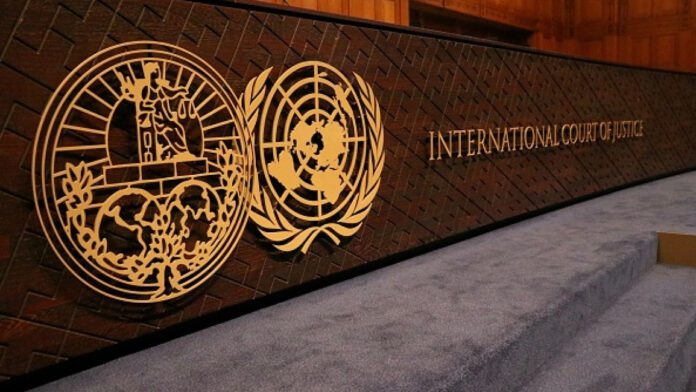By Munir Majid
The flow of decisions since January by the International Court of Justice (ICJ) on Israel, Gaza and Palestine should not be treated like so much flotsam. International law would otherwise become the shredded threads that will help cause the world order to unravel, however innocuously it may be part of the fabric holding that order together.
For the longest time, since the rise to independence from 1945 of former colonies, many of them Commonwealth countries, they had been accused by the erstwhile colonial powers, those broadly referred to as the West today, of having an antagonistic attitude towards international law. In particular, the argument was made that they had an aversion to the settlement of international disputes through the courts.
In the literature then, this was largely attributed to a cultural predisposition to avoid a zero-sum outcome, preferring instead negotiation, mediation and conciliation. In truth, the newly rising states were, like any other, seeking the best ways and means to protect their perceived interests and not subjecting them to decisions that come when the gavel falls. All states, incumbent Western so-called guardians of international law included, adhere or not to international law, accept or not judicial means of settlement, subject to a calculation of where their best interests lie.
The difference is that newly rising countries then had to pick their way to statehood. They were at the receiving end of the system of laws and its enforcement which condemned them to colonial servitude. International law was a bit of a poisoned chalice. And there were too many undermining issues and disputes, left behind by departing colonial powers, especially lines of boundary which cut across peoples, tribes and means of economic life. Put to yes or no adjudication, in many situations the newly independent states would have barely made it to statehood before failing.
Now so many years later, while there have been failed states and there still are such countries struggling for nationhood, there is a maturity of existence in an international political and legal system, but there is also a fierce independence against assumed Western intellectual legal superiority, or their assumption of good international legal conduct.
The former colonies, now grouped in what is called the Global South, see the Western metropolitan powers also facing centrifugal challenges, in America, the UK and elsewhere, whether Trump against the accepted US democratic system and the ‘swamp’ in Washington, regionalism against Westminster centrism, or immigration, as well as human rights issues putting state interest ahead of legal obligation. Some decisions on refugees in the UK, for instance, even go so far as to violate domestic law in their proposed solution.
It looks like we have come full circle in the use, non-use, misuse and abuse of international law, with no distinction or cultural appropriation among states and no monopoly of double standards in the conduct of states. Perhaps there should be a revived field of study of what was once called the Sociology of International Law, perhaps now the Physiology of International Law.
[This is an excerpt from an article in The Round Table: The Commonwealth Journal of International Affairs.]
- Munir Majid is visiting Senior Fellow, Centre for International Affairs, Diplomacy and Strategy (IDEAS), London School of Economics, London, UK.





